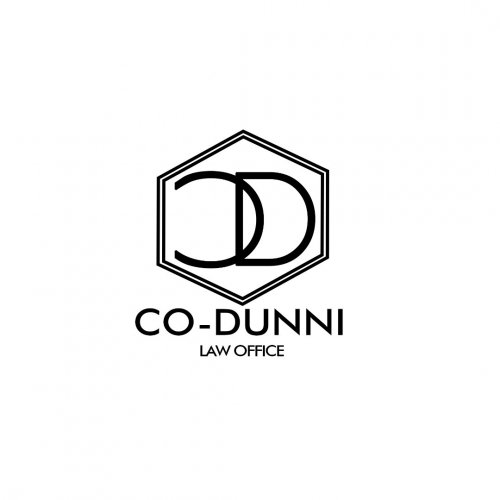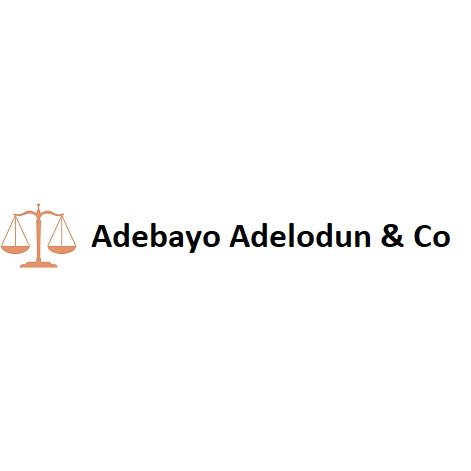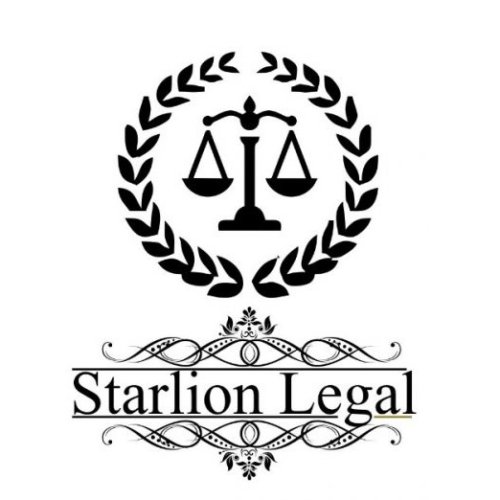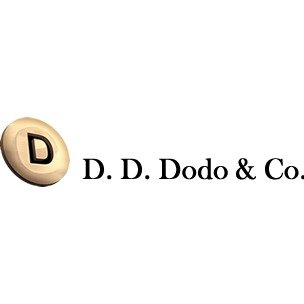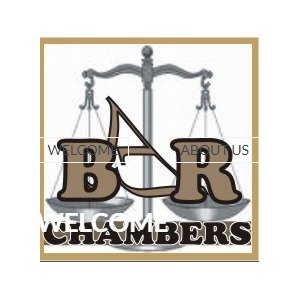Best Creditor Lawyers in Nigeria
Share your needs with us, get contacted by law firms.
Free. Takes 2 min.
Or refine your search by selecting a city:
List of the best lawyers in Nigeria
Legal guides written by Adeola Oyinlade & Co:
- Procedure and Requirements for Work Permit and Visas in Nigeria
- The Step-By-Step Procedure of How to Apply for Microfinance Bank License Online in Nigeria
- How to Ensure the Smooth Recognition and Enforcement of Foreign Judgments in Nigeria
About Creditor Law in Nigeria
Creditor law in Nigeria is a vital component of the financial and business sector. It revolves around the rights and obligations of creditors, who are entities or individuals to whom money is owed. In Nigeria, creditor law is designed to balance the rights of creditors to recover debts and the rights and protection of debtors under certain conditions. It encompasses rules regarding debt collection, bankruptcy, insolvency, and creditor-debtor duties. Navigating creditor law requires a nuanced understanding, as it involves both statutory provisions and judicial precedents.
Why You May Need a Lawyer
There are several scenarios in which you might find yourself needing legal assistance related to creditor issues in Nigeria:
- Debt Recovery: When recovering debts, either through negotiation or litigation, especially if a debtor is non-cooperative or disputes the debt.
- Insolvency Proceedings: If you are a creditor involved in the insolvency proceedings of a company or individual.
- Contract Drafting and Review: To draft or review loan agreements and other financial contracts to protect your interests.
- Dealing with Fraudulent Activities: If there are allegations of fraud in the debt recovery process or if you suspect fraudulent activities.
- Cross-Border Transactions: Engaging in cross-border credit transactions requires navigating international laws and regulations.
- Advice on Legal Procedures: Understanding the legal procedures and strategies for enforcing a judgment or securing an attachment of assets.
Local Laws Overview
In Nigeria, several key legislations and legal principles govern creditor-debtor relationships:
- Companies and Allied Matters Act (CAMA): Governs corporate insolvency procedures.
- Bankruptcy Act: Outlines the procedures and consequences of bankruptcy for individuals.
- Central Bank of Nigeria (CBN) Regulations: Provides guidelines for financial institutions regarding credit practices.
- Securities and Exchange Commission (SEC) Rules: These apply when dealing with securities as collateral.
- Case Law: Precedents set by higher courts significantly influence the interpretation and application of creditor laws.
Frequently Asked Questions
What is the first step in recovering a debt in Nigeria?
The first step typically involves sending a demand letter to the debtor, requesting payment and outlining consequences for non-compliance.
Can a creditor seize a debtor's property in Nigeria?
Yes, but only through a court order. Self-help methods without legal approval are illegal and discouraged.
How long can debt be pursued in Nigeria?
The limitation period for pursuing debt is generally six years from the date the debt became due under the Limitation Act.
What should I do if a debtor declares bankruptcy?
File a claim with proof of the debt in the bankruptcy proceedings to try and recover what is owed.
Is interest on debts recoverable in Nigeria?
Yes, if stipulated in the agreement, and should comply with prevailing interest regulations set by financial authorities.
Can foreign creditors enforce judgments in Nigeria?
Yes, through the process of recognition and enforcement of foreign judgments provided they meet certain legal criteria.
What role does the Central Bank of Nigeria play in creditor law?
The CBN regulates credit practices, setting guidelines for financial institutions in their lending and recovery practices.
How does a creditor initiate insolvency proceedings?
Typically, by filing a petition in court for insolvency to enforce rights under the Companies and Allied Matters Act (CAMA).
What legal risks do creditors face?
Potential financial loss, legal penalties for non-compliance with regulatory standards, and reputational damage from aggressive recovery practices.
What protection do debtors have against creditors?
Debtors are protected against unlawful seizure of property and harassment. Legal processes must be followed for asset recovery.
Additional Resources
Consider these resources if you seek further information and assistance:
- Corporate Affairs Commission (CAC): Offers guidance and documentation on business insolvency.
- National Association of Microfinance Banks (NAMB): Provides advice on credit and debt management for small businesses.
- Legal Aid Council of Nigeria: Available for legal counsel if you cannot afford a private lawyer.
- Central Bank of Nigeria (CBN): Access information on financial regulations and debt recovery standards.
Next Steps
If you require legal assistance concerning creditor-related issues in Nigeria, you should consider the following steps:
- Consult a Lawyer: Seek advice from a lawyer specializing in creditor law to evaluate your specific situation.
- Document Everything: Keep detailed records of all financial transactions and communications related to the debt.
- Understand Your Rights: Familiarize yourself with your rights and obligations as a creditor or debtor under Nigerian law.
- Pursue Legal Action if Necessary: If amicable resolution is not possible, be prepared to initiate legal proceedings to enforce your rights.
Lawzana helps you find the best lawyers and law firms in Nigeria through a curated and pre-screened list of qualified legal professionals. Our platform offers rankings and detailed profiles of attorneys and law firms, allowing you to compare based on practice areas, including Creditor, experience, and client feedback.
Each profile includes a description of the firm's areas of practice, client reviews, team members and partners, year of establishment, spoken languages, office locations, contact information, social media presence, and any published articles or resources. Most firms on our platform speak English and are experienced in both local and international legal matters.
Get a quote from top-rated law firms in Nigeria — quickly, securely, and without unnecessary hassle.
Disclaimer:
The information provided on this page is for general informational purposes only and does not constitute legal advice. While we strive to ensure the accuracy and relevance of the content, legal information may change over time, and interpretations of the law can vary. You should always consult with a qualified legal professional for advice specific to your situation.
We disclaim all liability for actions taken or not taken based on the content of this page. If you believe any information is incorrect or outdated, please contact us, and we will review and update it where appropriate.
Browse creditor law firms by city in Nigeria
Refine your search by selecting a city.





